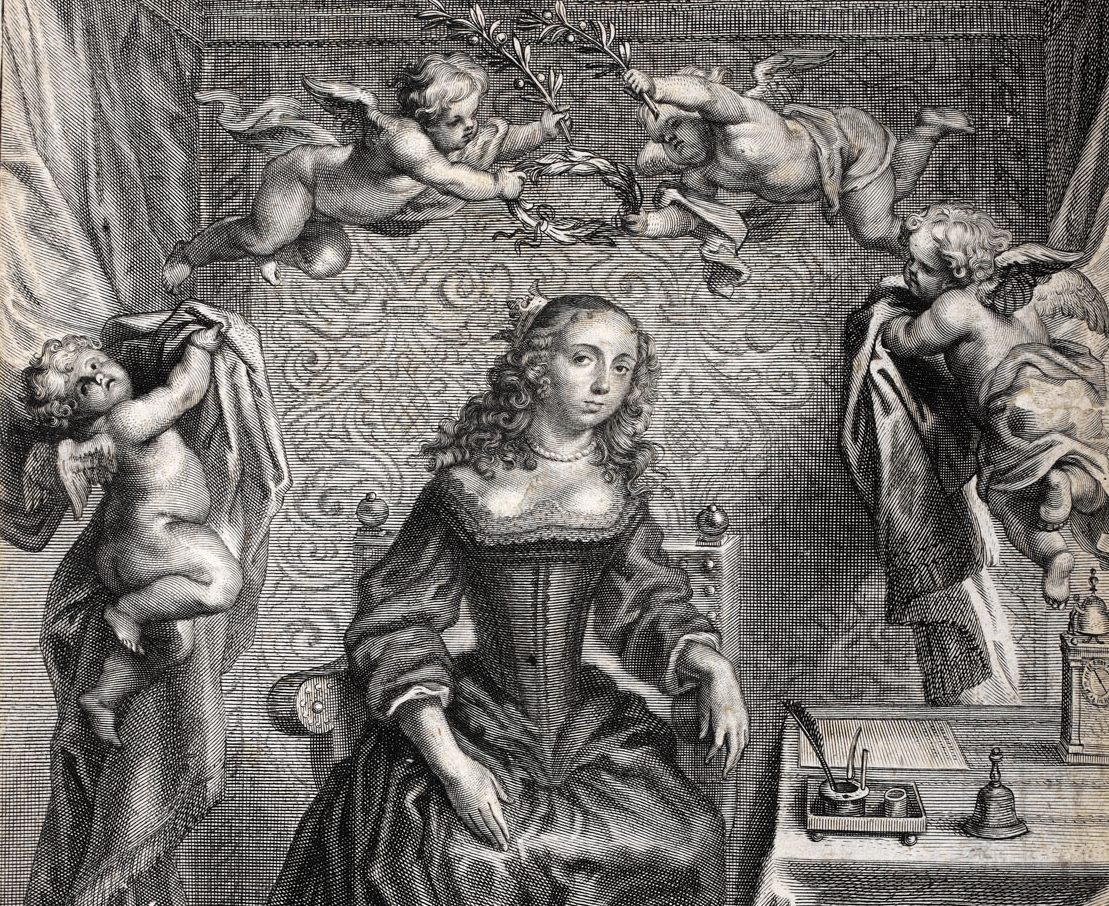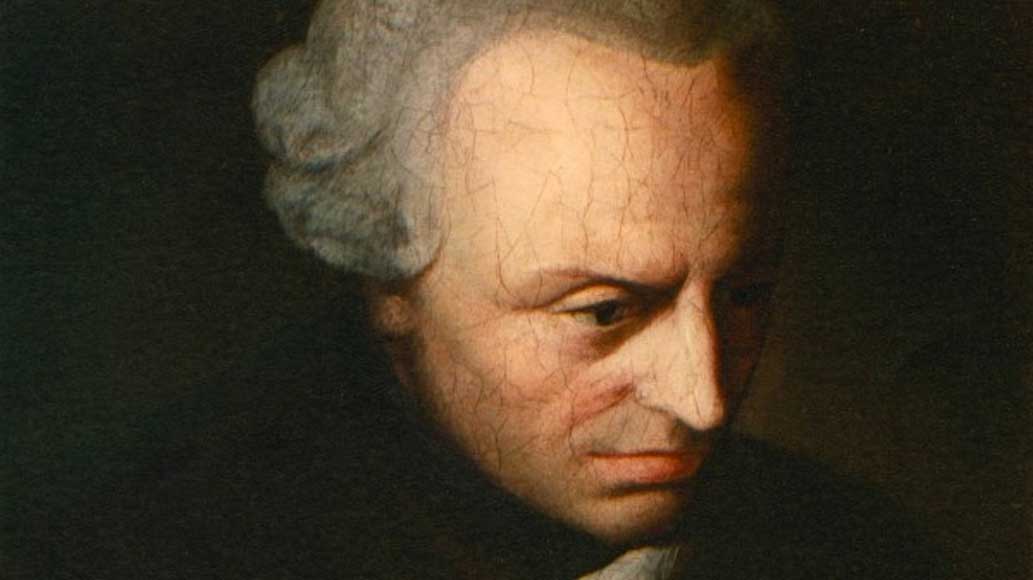If you need surgery, you want a surgeon with a long and continuing background in the procedure, someone who operates daily and has been doing so for years. A surgeon like that has knowledge of a certain sort, though it seems very different from the knowledge possessed by the lecturer who speaks brilliantly about the procedure, but spends little time in the operating room. This course considers three philosophical debates about such knowledge:
Knowing How and Knowing That
The surgeon has know-how. What is the nature of such knowledge, and how does it relate to knowledge of facts? Does the surgeon’s knowledge consist in knowing a collection of facts? Apparently not, since one might know all these facts and still perform unimpressively with a knife. But coming to have this knowledge involves (in part) learning facts. And those who have the knowledge can often give explanations of why they do the relevant activities as they do them, and these explanations consist of facts. So what exactly is the relation between know-how and factual knowledge?
Experience and expertise
Experience is a powerful thing. In nearly any activity you can think of, those with experience achieve much greater success than inexperienced people. And those with a sufficiently rich and varied experience, but who lack theoretical or explanatory knowledge, seem to do just as well in practice as the “experts” who know the theory or explanation. But then is genuine expertise anything more than, or different from, having experience? If so, why is experience nonetheless indispensable in the acquisition of expertise?
Thought and Reason in Skillful Behavior
It is often claimed that the expert isn’t thinking during skillful performance—or anyway isn’t thinking about what they are doing. What is it like experientially to perform as the expert does? How, if at all, are thought and reason involved in the expert’s performance?
Knowing How and Knowing That
The surgeon has know-how. What is the nature of such knowledge, and how does it relate to knowledge of facts? Does the surgeon’s knowledge consist in knowing a collection of facts? Apparently not, since one might know all these facts and still perform unimpressively with a knife. But coming to have this knowledge involves (in part) learning facts. And those who have the knowledge can often give explanations of why they do the relevant activities as they do them, and these explanations consist of facts. So what exactly is the relation between know-how and factual knowledge?
Experience and expertise
Experience is a powerful thing. In nearly any activity you can think of, those with experience achieve much greater success than inexperienced people. And those with a sufficiently rich and varied experience, but who lack theoretical or explanatory knowledge, seem to do just as well in practice as the “experts” who know the theory or explanation. But then is genuine expertise anything more than, or different from, having experience? If so, why is experience nonetheless indispensable in the acquisition of expertise?
Thought and Reason in Skillful Behavior
It is often claimed that the expert isn’t thinking during skillful performance—or anyway isn’t thinking about what they are doing. What is it like experientially to perform as the expert does? How, if at all, are thought and reason involved in the expert’s performance?
- Docente: Joel Yurdin

Women played an important, yet often neglected role in the development of early modern philosophical thought. Due to various social barriers, it was often impossible for women to publish systematic philosophical works. But they nonetheless remained at the center of philosophical conversations by writing influential letters to published male philosophers and to each other, and by publishing non-standard philosophical writings in the forms of novels, plays, poems, and epistolary dialogues. This course seeks to revive women’s voices from 17th–19th century European philosophy. We will cover various topics (mind/body, the nature of matter, education, happiness), with a special focus on early modern feminism and the opposition it met.
- Docente: Charles Goldhaber

Kant is plausibly the most influential philosopher of the Western philosophical canon. His philosophy is viewed as a synthesis of the rationalist and empiricist traditions which came before him, and as containing seeds for the analytic and continental traditions which would follow. This course gives an overview of his core texts, the Critique of Pure Reason and the Groundwork for the Metaphysics of Morals, and explores central topics, such as his Copernican turn, transcendental idealism, self-consciousness, and the categorical imperative.
- Docente: Charles Goldhaber